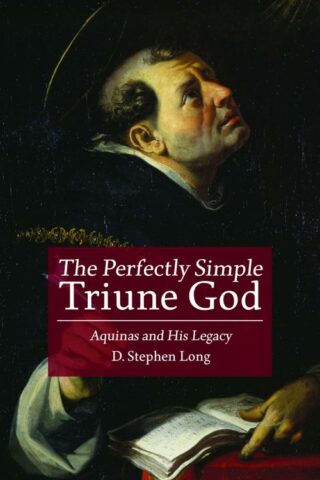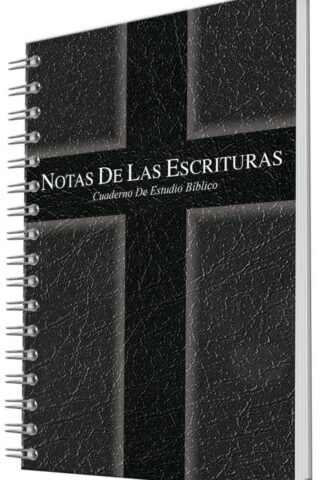Theology (Exegetical Historical Practical
Showing the single result
-
Perfectly Simple Triune God
$81.66Introduction
1. The Simple, Perfect, Triune God
2. Authorities For Thomas’s Traditional Answer
3. Aquinas’s Legacy Among The Reformers
4. The Theodicy Question: Process Theism
5. The Question Of Divine And Human Freedom: Open Theism
6. The Logical Question: Analytic Theology
7. The Cultural And Political Questions
8. The Metaphysical Question
9. Conclusion: A Retrieval Of The Traditional Answer Attending To Its CriticsAdditional Info
A particularly nettlesome question is around the relationship of the confession of God as a simple yet threefold being-the treatises of the one God and the Trinity. Although God as simple and Triune was widely accepted for over a millennium, simplicity has been widely critiqued and rejected by modern theology. The purported error is in conceiving God’s unity prior to the Triune persons, an error begun by Augustine and crystallized in Aquinas.The Perfectly Simple Triune God challenges this critique and reading of Aquinas as a misunderstanding of his doctrine of God. By refusing to begin theology with God’s oneness, who God is collapses into who God is for us, a loss of the biblical and dramatic character of God for us. D. Stephen Long posits that the two treatises were never independent, but inextricably related and entailing one another. Long provides a constructive rereading of Thomas Aquinas, tracing antecedents to Aquinas in the patristic tradition, and readings of him through to the Reformers, taking into account challenges to the classical tradition posed by modern and contemporary theology and philosophy to offer a robust articulation of divine Trinitarian agency for a contemporary age that adheres to broadly considered orthodox and ecumenical parameters.
Add to cartin stock within 3-5 days of online purchase











